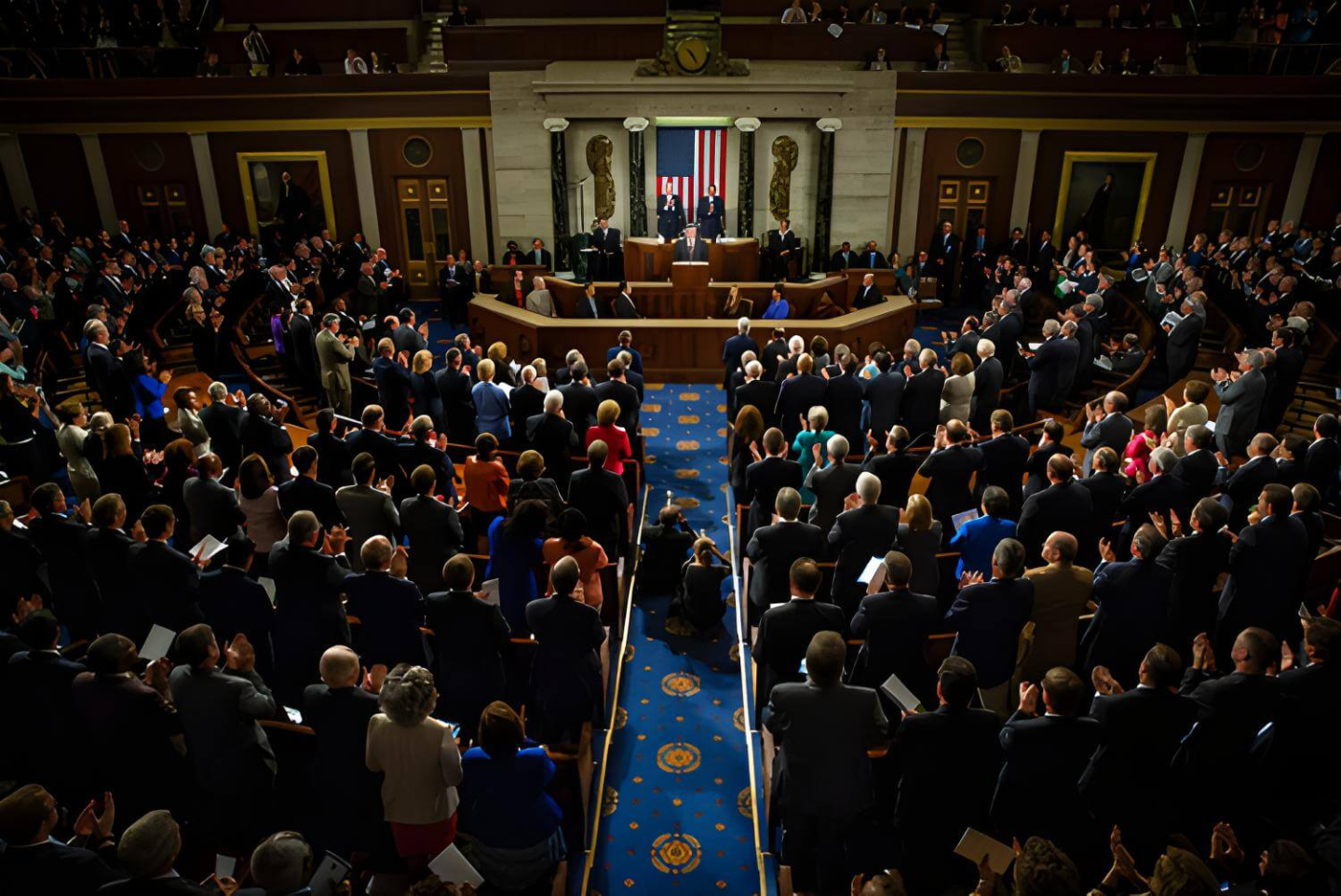Xi Jinping's visit to the US, culminating in a meeting with Joe Biden and US business leaders, was received positively. Both countries described the Biden - Xi summit as constructive, but the overall tone remains ambiguous. Major issues remained unresolved, although Biden reported very constructive and frank talks that could lay the foundation for further improvement in relations. Chinese diplomacy, too, commented positively on the conclusions of the talks and the challenges taken up from the side of agreement building and escalation control.
Biden - Xi highlights
-
Neither side sees an interest and wants to escalate the rivalry into conflict or confrontation. A return to the Cold War narrative would not benefit either China or the US
- Open lines of military communication as well as a direct line between the leaders have been restored. The leaders stressed that they are aware of the risks of separating the U.S. and Chinese economies and do not want to let it happen
- According to the BBC, Xi was said to have described the Taiwan issue as the most dangerous and risky. The U.S. does not intend to halt further arms shipments to Taiwan, despite pressure from Chinese diplomats
- The United States has sided with peace in the Taiwan Strait, but the administration has said it will not halt arms shipments to Taiwan, despite requests from China to do so. The U.S. was said to be pushing China (the main importer of Iranian oil) to increase pressure on Iran to ease the mood in the Middle East
- The two countries will begin joint talks on security and technology development - primarily AI. Xi conveyed that export sanctions from the U.S. have been aimed at the interest and development of Chinese technology. He called for them to be lifted. Despite this, they are likely to be maintained. Biden stressed their importance from the national security side and only mentioned that further ones will not be brought 'without necessity'.
- The U.S. president recalled China's human rights violations and referred to Xi as a dictator, which caused initial outrage on the part of Chinese diplomacy. According to observers, this opinion, which Biden later repeated when asked why he used such words, did not erase the overall positive picture of the overall meeting between the leaders, who focused on resuming communication
- Xi conveyed that he 'wants to improve relations with the US' and addressed investors, saying that China is waiting for them as its friend. Republicans expressed concern that Biden's and the Democrats' stance was too soft, making it possible for the US to 'fail to capitalize' on a moment of weakness in China's economy
- China's leader met with CEOs of major US corporations to discuss the investment climate. In recent months, U.S. entrepreneurs have cited regulatory uncertainty and instability in China as one of the significant risk factors.
Conclusions
After months of growing global concerns about the resumption of a dangerous arms race that could spiral out of control, the main positive point of the Biden - Xi meeting is the reopening of channels of both military and diplomatic direct communication between the countries and its leaders. This has potentially lowered the risk of escalation and military incidents, although some analysts stress that the US may be using the new situation to increase its 'risk-free' presence around China. Xi suggested that the U.S. is beginning to look at relations with China through the lens of "accelerating global transformations not seen in a century," which could be seen as a signal that China is leading the construction of an alternative world system to the U.S., or wants to achieve a higher status in the current one.
US - China relations thaw?
The failure of the U.S. to agree to halt arms shipments to Taiwan and maintain high-tech sanctions puts a question mark over whether Biden's meeting with Xi will indeed provide a viable rung to deescalate tensions in the context of next year's Taiwan elections. Also, Biden's characterization of Xi as a dictator could be interpreted as evidence that the Americans have no intention of changing the narrative and will continue to qualify China into the 'autocratic' camp, polarizing with the 'Anglo-Saxon' bloc. Nevertheless, communications from both diplomatic camps suggest, a 'thaw' of sorts in relations between the two powers. In the foreseeable future, however, it is not worth hoping for a breakthrough, in terms of export restrictions. The United States is securing its advantages at the level of new technologies. The investment climate may be perceived as slightly more favorable after both leaders pledged to adhere to the principles of healthy competition. China, whose economy is beginning to seriously limp, seems 'desperate' in terms of seeking injections of foreign capital into the domestic market and perhaps willing to more generously 'encourage' U.S. companies to return to do business in mainland China.
Eryk Szmyd XTB Financial Markets Analyst

Morning Wrap: Dollar in a trap, all eyes on NFP 🏛️(February 11, 2026)

BREAKING: US RETAIL SALES BELOW EXPECTATIONS

Economic calendar: Indices and EURUSD await US retail sales report

Morning wrap (10.02.2026)
This content has been created by XTB S.A. This service is provided by XTB S.A., with its registered office in Warsaw, at Prosta 67, 00-838 Warsaw, Poland, entered in the register of entrepreneurs of the National Court Register (Krajowy Rejestr Sądowy) conducted by District Court for the Capital City of Warsaw, XII Commercial Division of the National Court Register under KRS number 0000217580, REGON number 015803782 and Tax Identification Number (NIP) 527-24-43-955, with the fully paid up share capital in the amount of PLN 5.869.181,75. XTB S.A. conducts brokerage activities on the basis of the license granted by Polish Securities and Exchange Commission on 8th November 2005 No. DDM-M-4021-57-1/2005 and is supervised by Polish Supervision Authority.


